

It occurred to me how strange this was when I actually purchased my ticket. You see, I'm travelling to Rome to visit a friend. A friend I have known for years and who I've had conversations with that have lasted hours on end. He doesn't live there, but is studying abroad and we both thought it would be great if I flew out there and met up with him. This is a friend I have never actually met in person.
As odd as it may sound, friendships like this are more common than you think. They're especially common in MMORPG's like EverQuest and World of Warcraft. In these games you are online for hours at a time and are generally attempting to defeat encounters that take at least 5 people. So the people you meet along the way and trust as good players become your friends.
When playing games like these, you are with the same people multiple times a week for hours and hours. Often sitting in voice chat, fighting through different dungeons or leveling characters together. All the while maintaining various conversations. If you play enough, you find it hard not to become close to these people. The friend I'm visiting, I have known for years within WoW. We've played not only WoW, but League of Legends, EverQuest, and a multitude of other random games together. I can honestly say I talk to him more than I talk to a lot of the friends I have in real life.
This used to be somewhat of the norm in MMO gaming. Back in the EverQuest days you would have to group up with people to do virtually anything. Then when you were in groups, you would generally find a place to set up camp, pull mobs to you, and farm them for hours. EverQuest was a really, really slow game. You would have nothing to do while killing except to talk to the people you were with. So many people became very close during this process. That is why you hear of people meeting in game and eventually getting married. I have friends that I met in EverQuest back then that are still my friends now. Some of which I found out live near me and we have been hanging out so long that we almost don't remember how we met at this point.
These games were never just games to most of us. They became a way of living. We had our jobs and school, our friends and family, and then we had our game. Our game and everyone who existed within. Often the lines between who our real life friends were, and those who played with us, began to blur. Ask anyone who has fallen in love with games of this genre about their favorite part and they will give you some example of the community they were a part of. Unfortunately, this is somewhat of a dying trend.
When I first came to World of Warcraft, I was fresh out of the first EverQuest. I found the community within WoW to be entirely appalling. Not everyone was aware of everyone else. You could get away with harassing someone and seemingly no one cared. It didn't feel like there was any rules. I couldn't imagine how this had really happened... until I reached the end game.
In EverQuest you had to be in a group for everything. There was no instanced dungeons or theme park style encounters that you just hurried to complete and then moved on from. You just grouped and talked. In WoW and virtually every game that has come after, you don't really have to deal with the people you are playing next to. You were generally put into a group by automation and you played next to each other as if the other person wasn't even there behind the character. Unless you were actually in a guild with a person and raided with them, you generally had no idea who they were.
I thought I was baffled by this in WoW, but by the time I played Guild Wars 2, WoW seemed perfectly fine. In GW2 you were next to people on every level but at this point you didn't even have to group with them. You would just hack and slash right next to each other. There was no interdependence of classes, you just hack and slash until what you were attacking falls over and spills loot out like a golden pinata.
I'm not suggesting that we should abandon all automation. There can be systems in place to put people together than can still be beneficial to the community. But how do we stop the impersonal trend? How do we cultivate an environment where we can find compromise? I, for one, hope we aren't left to just write blogs and play emulators of games past trying to relive what we once enjoyed. I hope this new generation of games will bring back that sense of needing the player next to you and wanting the benefits of knowing them. Only time will tell.
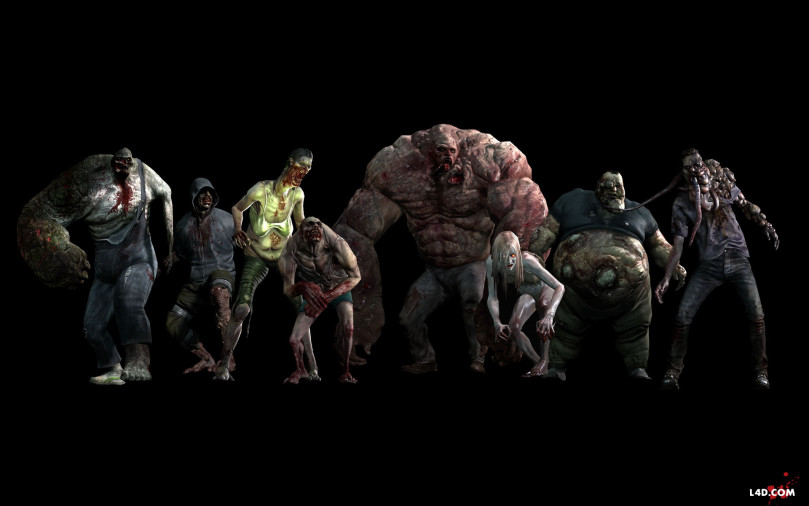
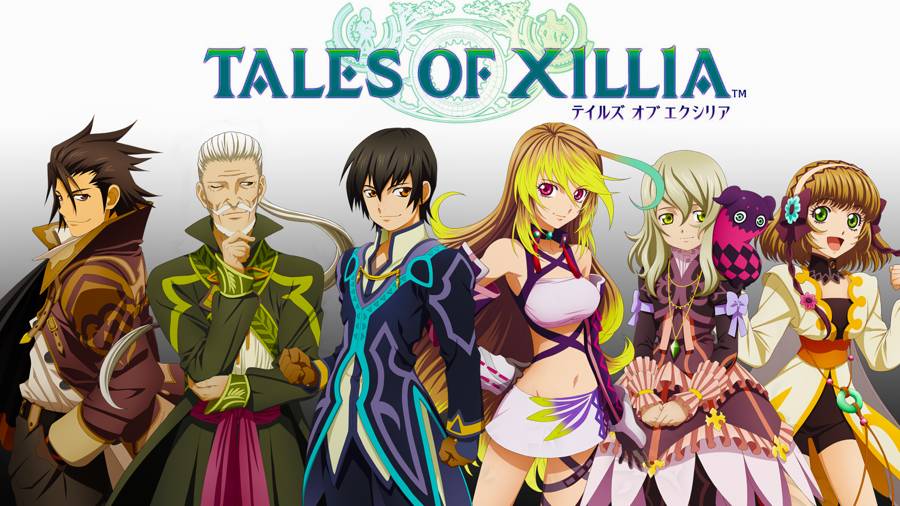

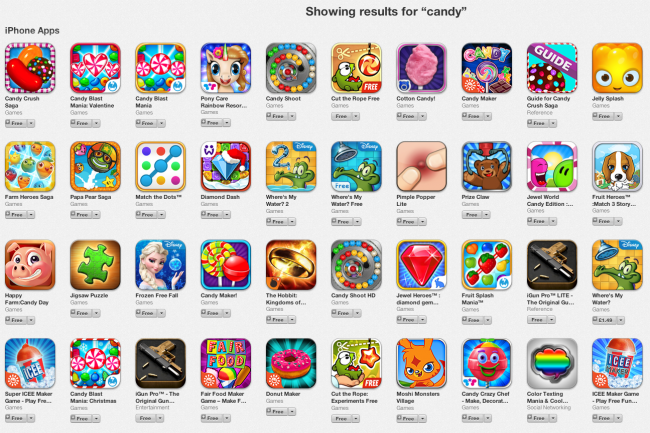
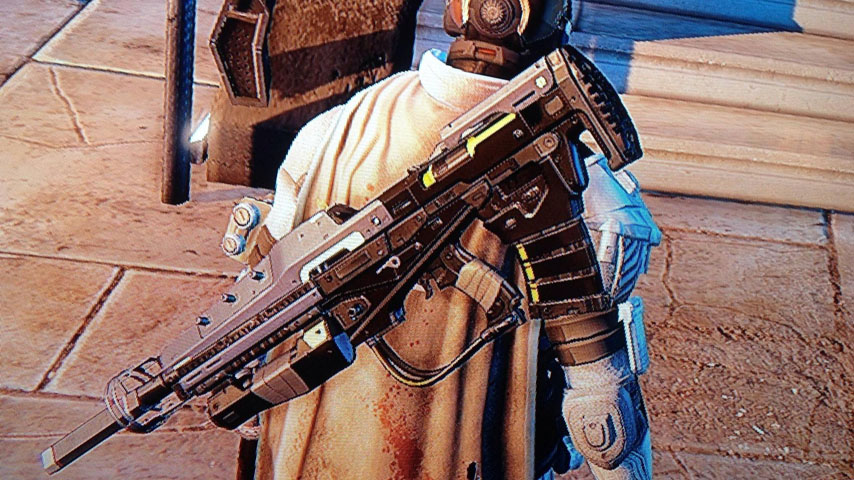 Destiny: 16 essential weapons for PvE
Destiny: 16 essential weapons for PvE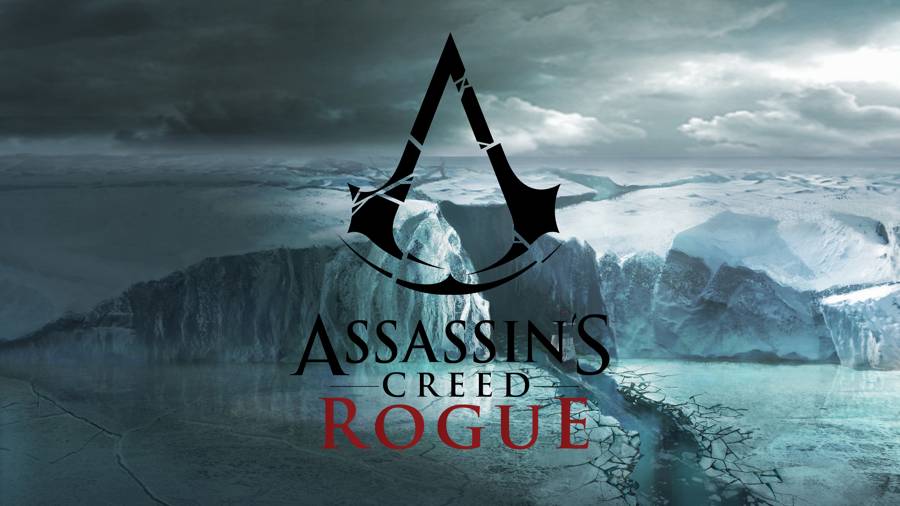 Assassin's Creed Rogue Guide: Crafting Guide
Assassin's Creed Rogue Guide: Crafting Guide Destiny guide: Venus Dead Ghost locations
Destiny guide: Venus Dead Ghost locations Walkthrough Clandestine
Walkthrough Clandestine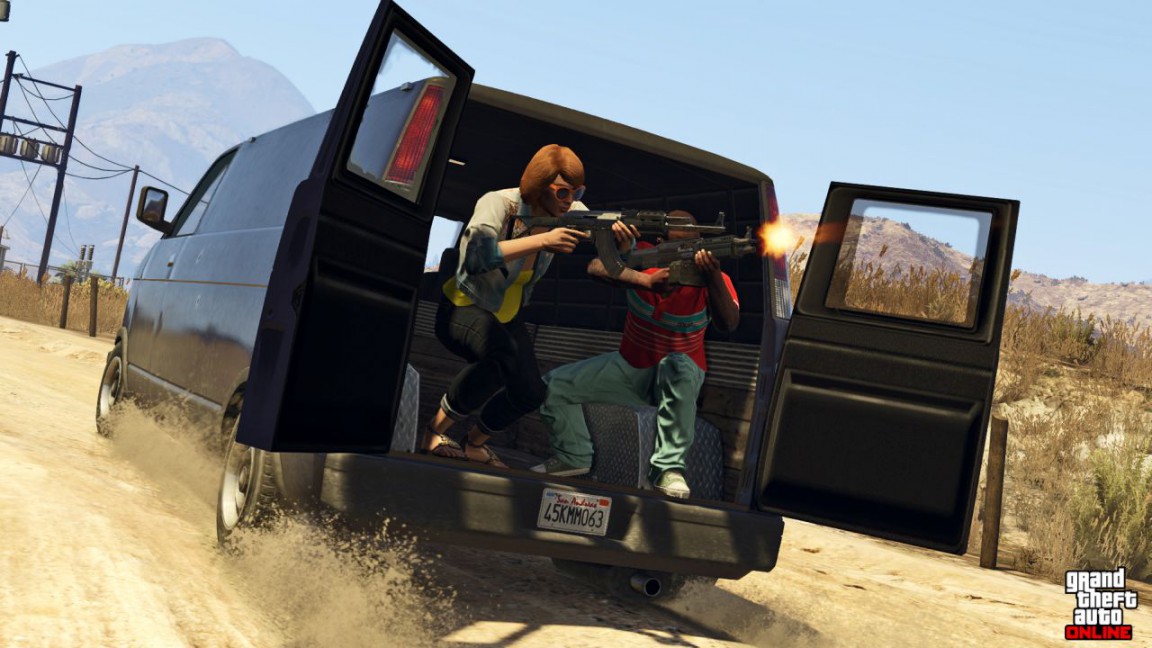 GTA Online guide: best missions for RP and cash
GTA Online guide: best missions for RP and cash